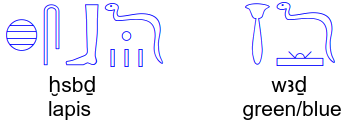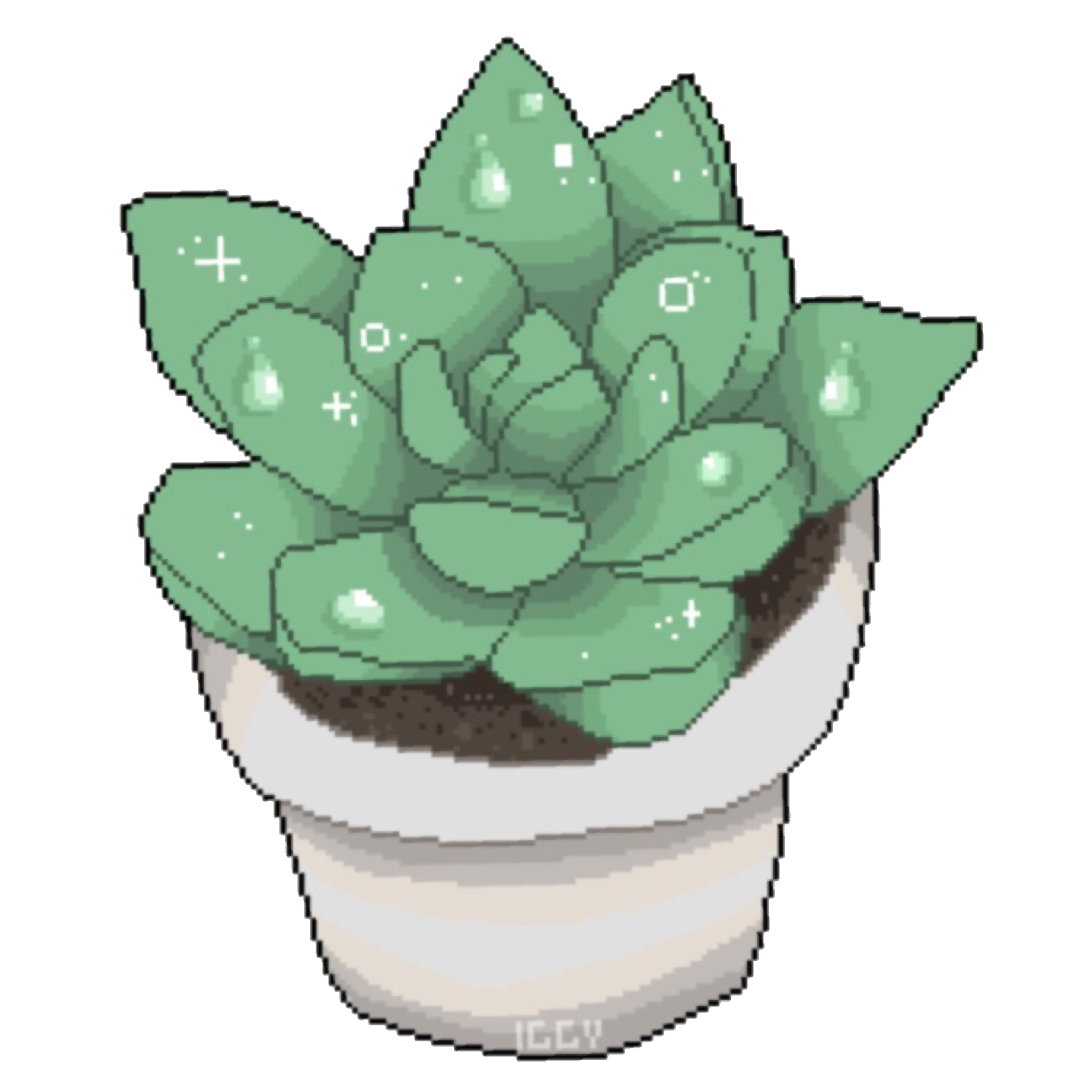

I know that this expression desensitises people to something serious, but it describes Microsoft - the “it”/corporation - perfectly: rapist mentality. It shows how eager Microsoft is to disregard consent, users saying “no, I don’t want it”, and to force itself over the users as long as it gets some benefit out of it.
Including new obnoxious advertisement slots into an already released product - one that you paid for - is only a result of that mentality.













Kind of. I live with my mother so the house expenses are shared - sometimes I’m short on money and she covers it for me, sometimes it’s the opposite.
Sometimes either of us cover my sister’s financial arse too, even if she doesn’t live with us.